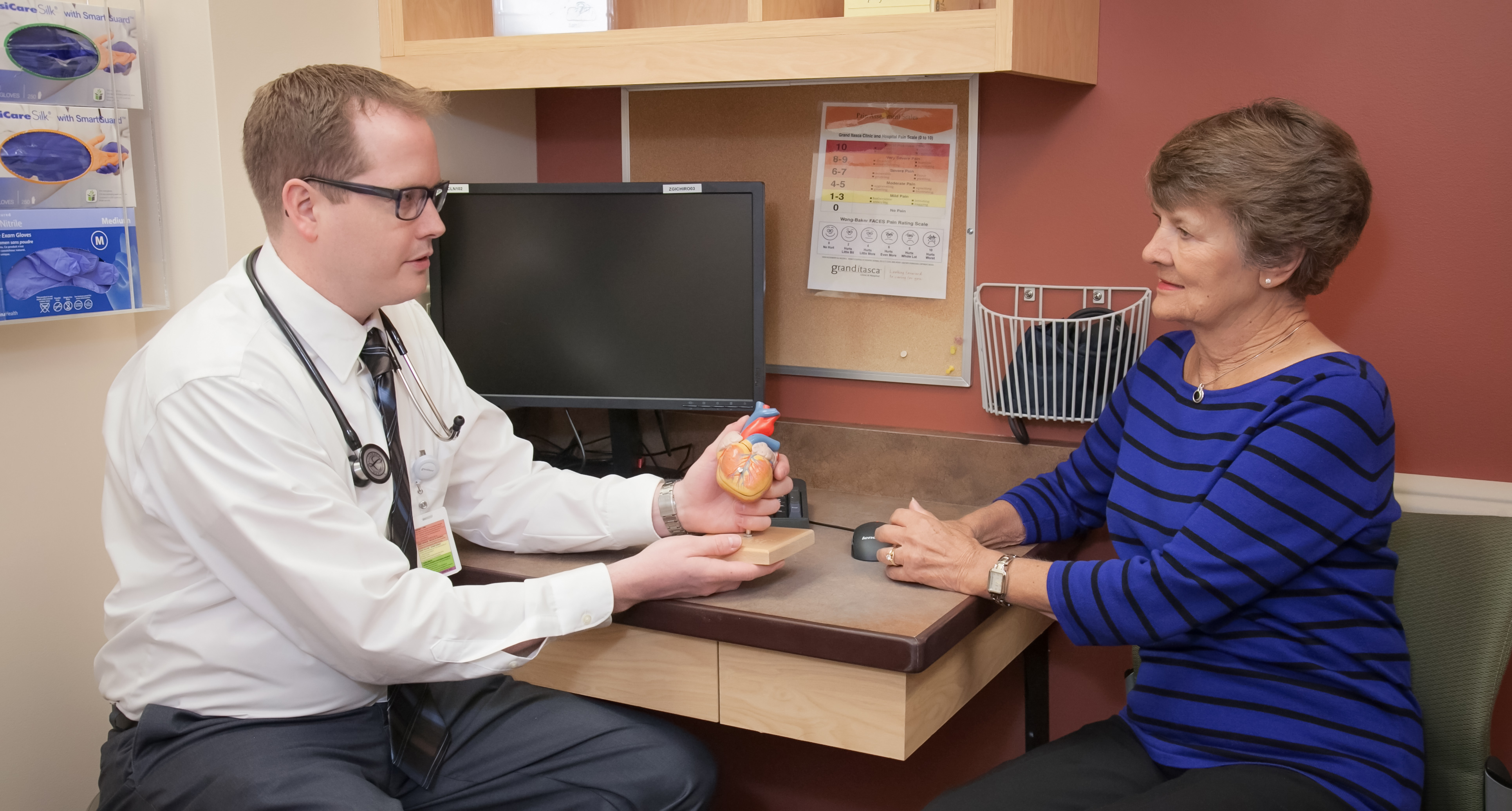
Health and Wellness
Heart Health with Dr. Tim Pehl
- May 06, 2020
- By Staff Writer
Probably the biggest lifestyle change is from an exercise standpoint. The recommendations are to try to get 150 minutes per week of vigorous exercise. That will greatly reduce your risk of heart disease.
We recommend coming in once a year for a routine annual wellness check. We typically check your blood pressure. High blood pressure is a risk factor for heart disease. We will also check your cholesterol levels. That will give us an idea if you're at risk for a heart attack at a young age and then we spend a fair amount of time based on those risk factors and also based on your age. I will spend a fair amount of time talking about healthy lifestyle, eating well, exercising and not smoking.
There are some medicines that can be used particularly if you have high cholesterol or if you have other risk factors along with even slightly elevated cholesterol. If you have high blood pressure often people will have to be on medicines in addition to lifestyle changes to bring their blood pressure down to a healthy range. Some of the classic signs are left-sided chest pain pressure. Sometimes it will go into your shoulder or up into your neck. You might feel sweaty. You might feel sick to your stomach. A lot of times people will say that the pain gets worse when they're doing activity and then it settles down or stops when they stop doing the activity. That's definitely something that you should see a doctor about, so if you're having a heavy weight on your chest or if you're having moderate or severe chest pain or you feel like you're about to pass out or if you've had a history of a heart attack, those are all signs that you might be having a heart attack.
We prefer you call 9-1-1 versus simply just driving into the emergency room simply because the paramedics can do some treatments right away. The ambulance does much more than just transport you and I don't know that people always realize that. They start care and they start interventions right away and sometimes it is as simple as just starting an aspirin or checking your blood pressure. But they can also do some electrical tracings of your heart right away on the scene and then they call ahead to the emergency room so the emergency room is more prepared when you do show up. We especially don't want you to drive your own car.